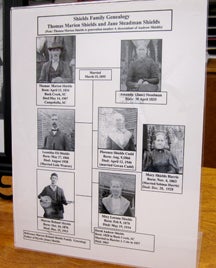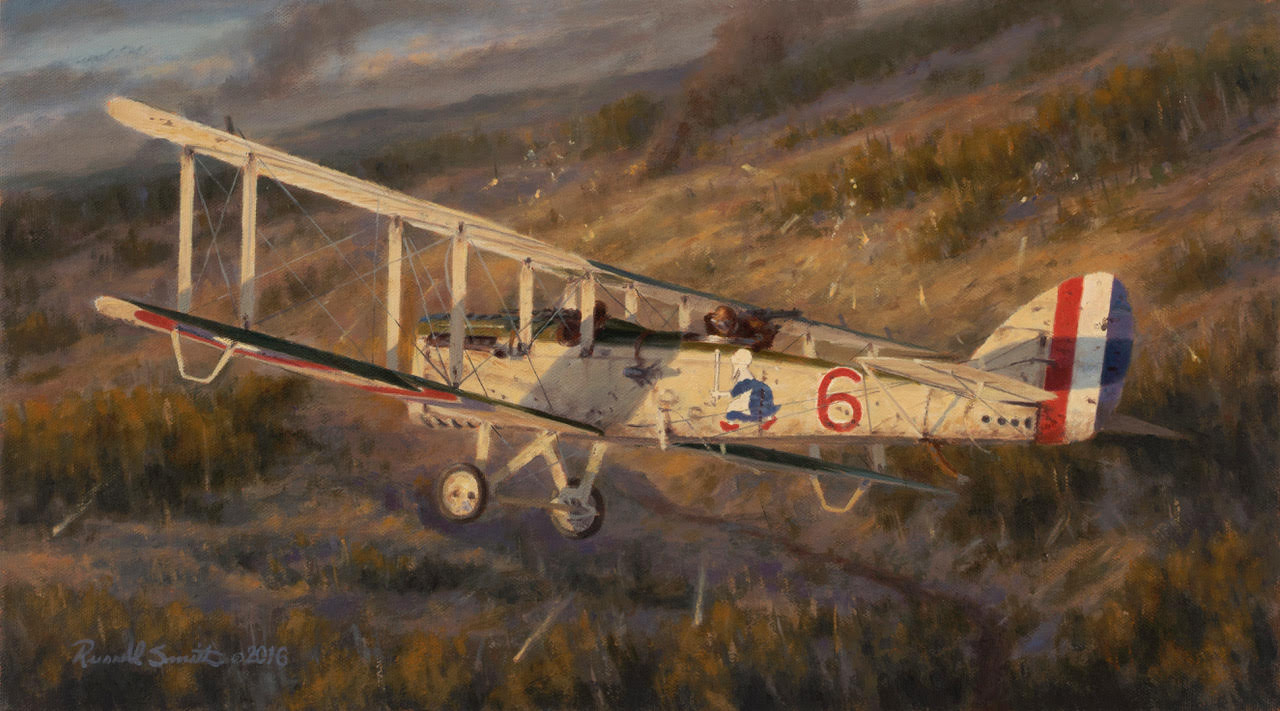Shields: Connecting 150 years later
Published 7:52 pm Thursday, April 26, 2012
Few letters from wives and other family members to soldiers remain in existence, Aliene said, because soldiers didn’t want to take the chance of being killed with letters that might lead the enemy to harm their families.
Thomas was 30 years old and had been married for seven years in 1862 when he and three of his brothers joined Kershaw’s Brigade, the 3rd S.C. Infantry of the Confederate Army, Aliene said. A fourth brother enlisted later. Two of his brothers died in the war, which Aliene said was not unusual at the time. One-third of all Confederate soldiers did not return home, she said.
According to Aliene, Thomas fought his first battle in early May 1863 at Maryland Heights, Md., near Harper’s Ferry, Va. He and his brother, David Andrew, were both shot. David died, but Thomas recovered and rejoined his brigade near Chancellorsville, Va., where he was wounded again.
His war experiences, however, are not the focus of letters Thomas wrote during this time, Aliene said. Like those of most other common soldiers from that time, she said, his letters are primarily concerned with life at home: the health of the family, when to plant crops and other farm tasks.
He ended every letter to his wife with the phrase, “I remain your true and faithful husband tell [sic] death,” Aliene said, probably to reassure her that he was not taking part in some of the activities for which soldiers were known.
Thomas was able to visit home occasionally during 1863. Letters written while he was recuperating from his wound at Chancellorsville express concern about his wife, who had been feeling ill. It turned out she was pregnant, Aliene said, and when the baby, Mary, was born on Nov. 4, 1863, Thomas went AWOL to go home to see his family. He said he had promised Amanda that he would come, Aliene said, and that was more important to him than his commitment to the army.
Thomas was court-martialed and punished for leaving his unit, and he then returned to the brigade, which was fighting battles in Virginia. Suffering from dysentery, he ended up in the hospital, first as a patient and then as a nurse, Aliene said. Eventually, he rejoined the Kershaw brigade in Charleston, S.C. and was captured by Union troops in Cheraw, S.C. and held prisoner. Near the end of the war, on March 5, 1865, he was given parole papers (although he did not sign them, Aliene said) and was allowed to go home.
Aliene said all of Thomas’ letters ended with the phrase, “I send my best regards to my connections and friends.”
Those connections are still connecting 150 years later, she said.






